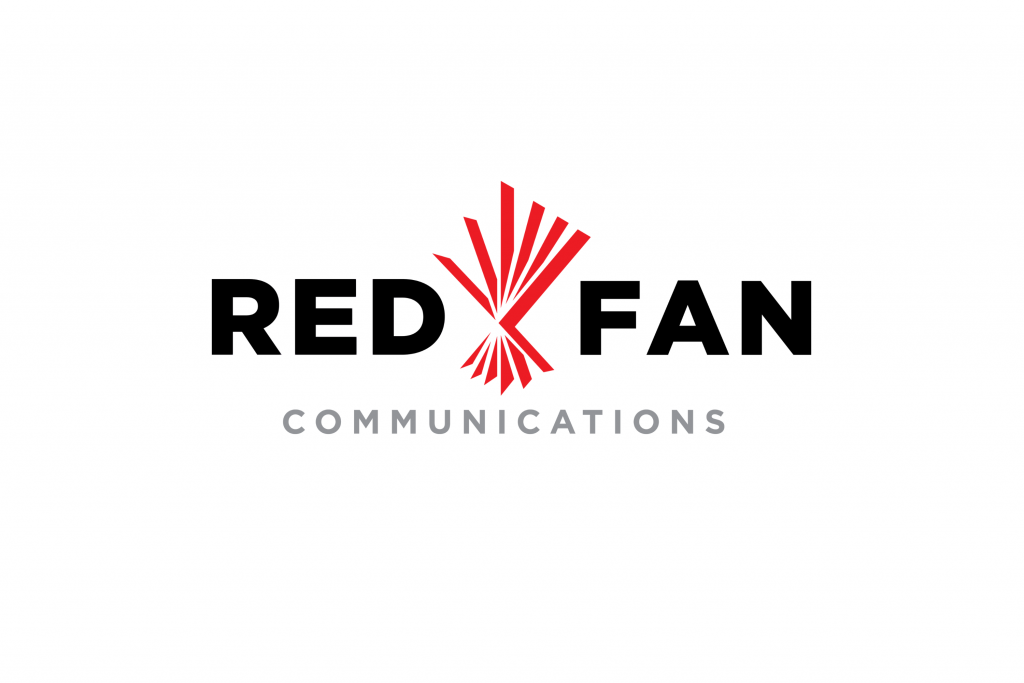
As we all collectively struggle with how autumn is somehow already right around the corner, we’re reflecting on a few of our final summer accomplishments. This August, we have:
– Partnered with SourceDay and other leading transformational technology companies.
– Completed multiple brand positioning workshops to help companies refine their messaging.
– Been listed as a top branding agency by Expertise and Built In Austin.
– Watched one of our clients, Intero, on Good Morning America, and, in the process, convinced several of our staffers that eggplant is worth a try.
This summer has been a transformative period across the country, filled with reflection, re-evaluation and uncertainty. This past month has ushered in a new crisis of both the existential and practical varieties, as we’ve all watched the U.S. Postal Service, one of the most universally beloved federal institutions (not like they’re facing a lot of stiff competition lately, though, am I right?) face the threat of extinction.
Before diving deeper into this issue and why it’s relevant, here are some news we think you could use:
NEWS TO USE:
– Zoom just failed its biggest test. Its apology is an extraordinary example of emotional intelligence: When Zoom experienced widespread outages during the last week of August, it issued an apology that took responsibility, showed dependability and established trust, all important lessons for business leaders.
– Why Ford’s Jim Hackett and other major CEOs are stepping down in 2020: An exodus of CEOs is happening in all industries, forcing companies to rethink what it means to be a leader.
– TikTok calls Trump ban ‘political’ in lawsuit: TikTok, a top Chinese social media platform known for activism, creativity and a billion global downloads, is being classified as a cybersecurity threat.
INSIGHTS: THE USPS: A SYMBOL OF DEMOCRACY

Since its founding, the USPS has been both a symbol of and vehicle for the free flow of information between citizens. It was the beginning of something greater than mail and represents more than just getting a package from Point A to Point B: “It’s a symbol of a functioning society.”
The post office predates even the Declaration of Independence. The centuries between the time when Benjamin Franklin served as first postmaster general and today have witnessed private sector growth—UPS and FedEx, namely—and the proliferation of the internet and electronic communication. But these are luxuries afforded to the privileged rather than necessities upon which every American can depend. The loss of the USPS will be felt disproportionately (as so many things are) by remote communities, working class families of color who rely on USPS jobs and functions, and small businesses. It’s nothing short of yet another attack on the value of information and the public’s widespread access to it.
Despite common belief, the USPS is far from obsolete. It is not a business enterprise and was never built to run like one. In fact, if Americans relied only on private mail carriers, many areas of the country would be deemed “unprofitable” and would lose their delivery coverage.
According to Vox, with 14.5 million people in rural areas without access to internet service, 18 percent of Americans who pay their bills by mail, and a 16.4 percent rural poverty rate, the accessibility and affordability of the postal service “isn’t just a public service, it’s a lifeline.”
Delivery delays have been devastating for small businesses. According to the National Small Business Association, the USPS is the most-used carrier for businesses of five employees or fewer, with 90 percent of Etsy sellers using the USPS. Considering the postal service’s role in the supply chain, the USPS delivered 95 percent of all packages on time before May. This number dropped below 85 percent in July. The effects of delays on arrivals and product quality could have drastic consequences for these small businesses.
While e-commerce is technically on the rise, the CEO of Shippo wants us to realize that “as consumers we rarely see behind the curtain, so to speak, when we interact with e-commerce businesses. We don’t see the small business owner fulfilling orders out of their home or out of a small storefront, we just see an e-commerce website. Without the USPS’s support, it would be even harder, in some cases near impossible, for small business owners to live up to these sky-high expectations.”
When the postal service is at risk, so, too, are vulnerable populations. Diminishing what the USPS stands for, the connection of communities and the democratization of information, is an affront to long-held American ideals.
Fortunately, we can take action. Mashable compiled a fantastic list of things we can do to help the post office, from texting USPS to 50409 and shouting the issue from the rooftops, to buying stamps and other merchandise. Most of all, don’t forget to vote.
WHAT WE’RE LISTENING TO…
Many of our team members have their headphones in when they’re not at the office, power-walking and driving while listening to their favorite podcasts. Here are some office faves:
Mimi: Planet Money
Megan: Social Pros Podcast
Emma: Armchair Expert
Pam: Office Ladies
Teanna: This American Life
Matt: Houston, We Have a Podcast!
P.S. More and more brands are seeing the value in refining their messaging right now. Get a head start by reading our Brand Positioning + Narrative Lab e-book.





